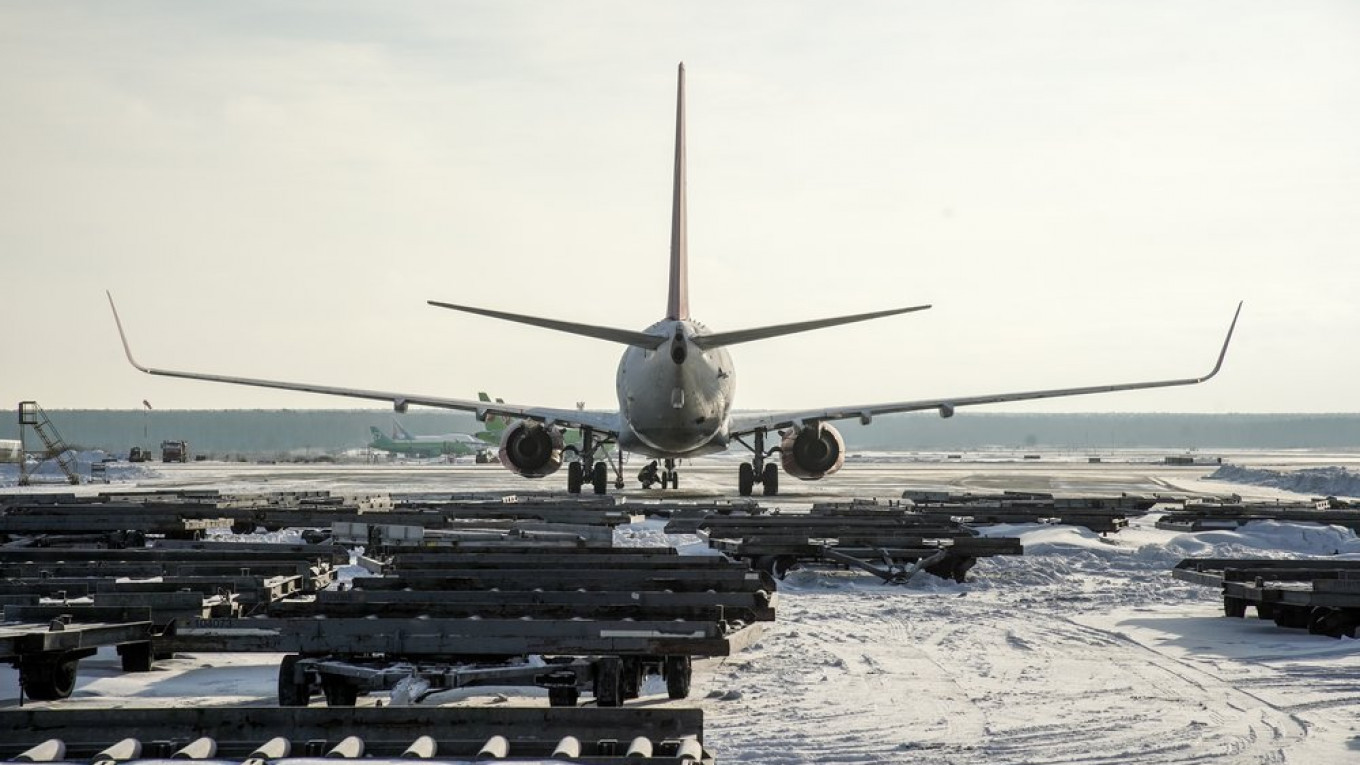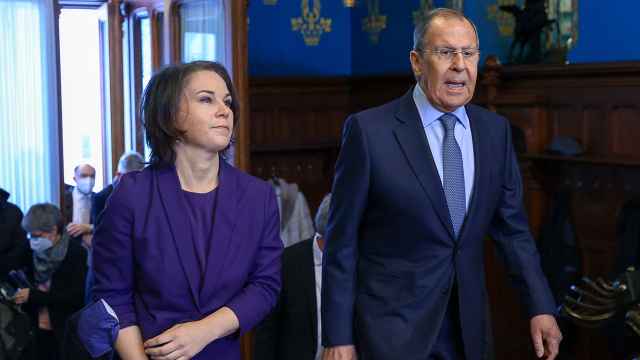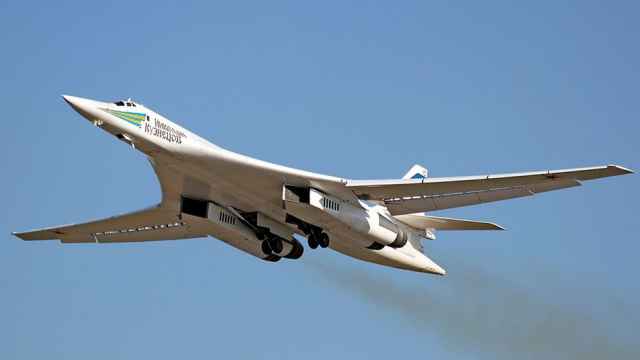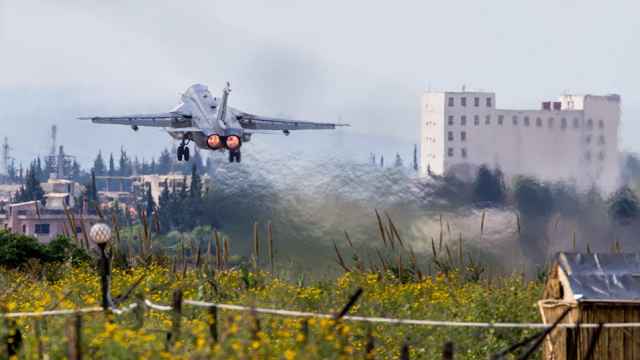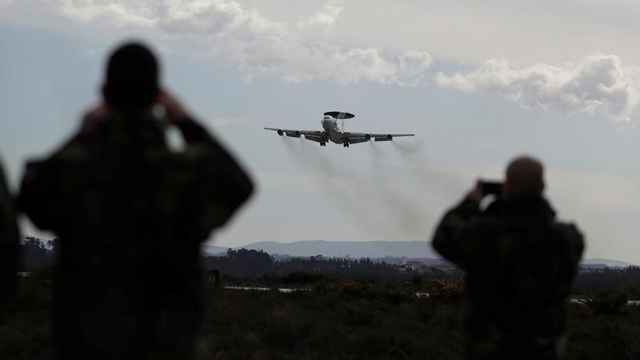Russian President Vladimir Putin signed a law Monday formalizing Russia’s exit from the Open Skies Treaty, an international pact that allows surveillance flights over fellow members' military facilities, after the United States’ withdrawal last year.
Putin’s signature comes 10 days ahead of his first summit with U.S. President Joe Biden in Geneva, where the two leaders are expected to seek de-escalation on a slew of issues.
The United States left the treaty in November, accusing Russia of non-compliance. Late last month, the Associated Press reported that the Biden administration informed Russia’s Foreign Ministry that it “does not intend to seek to rejoin” the Open Skies Treaty.
Russia’s exit from the Open Skies Treaty takes effect six months after Putin’s signing.
The Open Skies Treaty, which was signed in 1992 and came into force in 2002, allows its three dozen members to conduct joint unarmed short-notice observation flights over countries’ territories to monitor potential military operations.
Russia and the U.S. have long accused each other of breaching Open Skies, with Moscow blaming Washington for cold-shouldering its proposals to retain the treaty’s viability.
Lawmakers in Russia’s two-chamber parliament had approved legislation on the treaty’s renunciation in less than a month since Putin first submitted it on May 11.
A Message from The Moscow Times:
Dear readers,
We are facing unprecedented challenges. Russia's Prosecutor General's Office has designated The Moscow Times as an "undesirable" organization, criminalizing our work and putting our staff at risk of prosecution. This follows our earlier unjust labeling as a "foreign agent."
These actions are direct attempts to silence independent journalism in Russia. The authorities claim our work "discredits the decisions of the Russian leadership." We see things differently: we strive to provide accurate, unbiased reporting on Russia.
We, the journalists of The Moscow Times, refuse to be silenced. But to continue our work, we need your help.
Your support, no matter how small, makes a world of difference. If you can, please support us monthly starting from just $2. It's quick to set up, and every contribution makes a significant impact.
By supporting The Moscow Times, you're defending open, independent journalism in the face of repression. Thank you for standing with us.
Remind me later.


